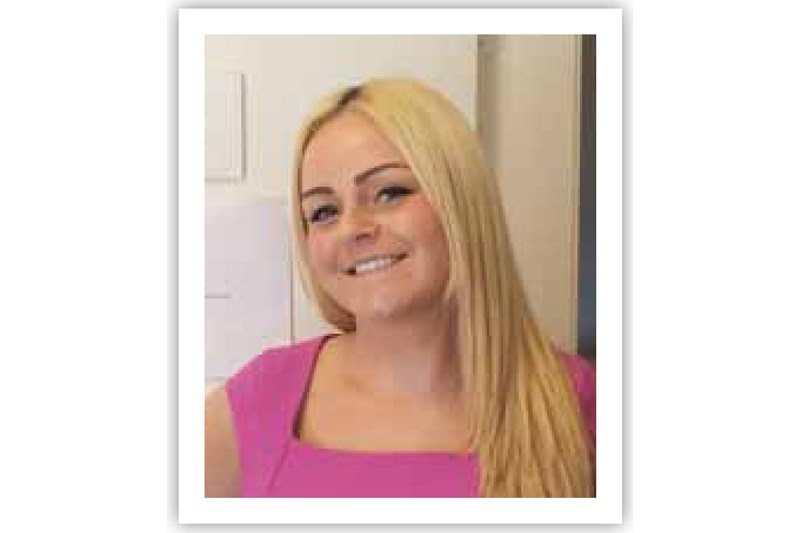The evolving role of the dental nurse
Published: 02/06/2014
With the inception of the GDC's Scope of Practice document in April 2009, the dental nurse's roles and responsibilities have expanded considerably. This has allowed them to develop further knowledge and skills in clinical practice
In the next few years, the emphasis of dental care will be shifting from intervention and treatment to oral health, prevention and education. This shift in emphasis has implications for the education and training of the dental team, the skills mix, and the evolving roles of dental care professionals.
The 90 dental pilots, commissioned by NHS England in 2011–2013, are about developing a model of dental care that is appropriate to maintaining and improving the oral health of the population. The pilots settings offer opportunities for the evolving roles and skills mix, a transformational change in the culture of the dental team.
At The Dentistry Show seminar, ‘Dental Contract Reform – An update’, held at the NEC in Birmingham in February 2014, Ben Atkins, Clinical Director at Revive Dental Care, described the changes in the role of the dental nurse as ‘phenomenal’. He said that dental nurses can now move up the line to become not only practice managers but sedation nurses and extended duty dental nurses (EDDNs).
According to the early findings report on the pilots (Department of Health (DH, 2012), dental practices have been cautious about making changes to the workforce and skills mix. Nevertheless, there are strongly expressed opinions on changes to the skills mix and composition of the dental workforce—only 8% of pilot dental practices will not be inclined to change the dental practice workforce.
The early findings report (DH, 2012) provides encouraging indications on the likely changes to the dental workforce:
? 50% of dental providers will increase the use of therapists
? 18% of dental providers will train dental nurses in fluoride application
? 15% of dental providers will increase use of dental nurses with additional skills
? 12% of dental providers will train dental care professionals to do ICMs (interim care management)
? 9% of dental providers employ oral health educators
? 9% of dental providers prefer less reliance on associates
? 6% of dental providers prefer less dentist sessions
? 6% of dental providers would reduce the number of dentists
? 6% of dental providers will train staff.
As a pilot practice ourselves, with the added benefit of a forward-thinking clinical director, we have already been exposed to the changes that are to come to all practices in the future. Our experience has clearly shown that the only way forward is to embrace the changes now in readiness for the full introduction of the new contract. We have steadily changed our team, adding in new members until we now employ a full skill mix at all our sites—not just within the pilot practice—and we have a career pathway set out that all staff understand and know that they can achieve. We have rolled this out across all our services so that every member of the team can access training and be ready for introduction of the new contract.
Our associates refer patients to therapists and hygienists using an agreed referral pathway and we have created and introduced new roles, such as the EDDNs, who support our dentists by carrying out ICMs. This allows us, as nurses, to develop our own clinical skills, which has led to greater job satisfaction and staff retention.
Author: MA Healthcare

.jpg?width=300&height=200&scale=canvas)







.jpg?width=150&height=100&scale=canvas)



